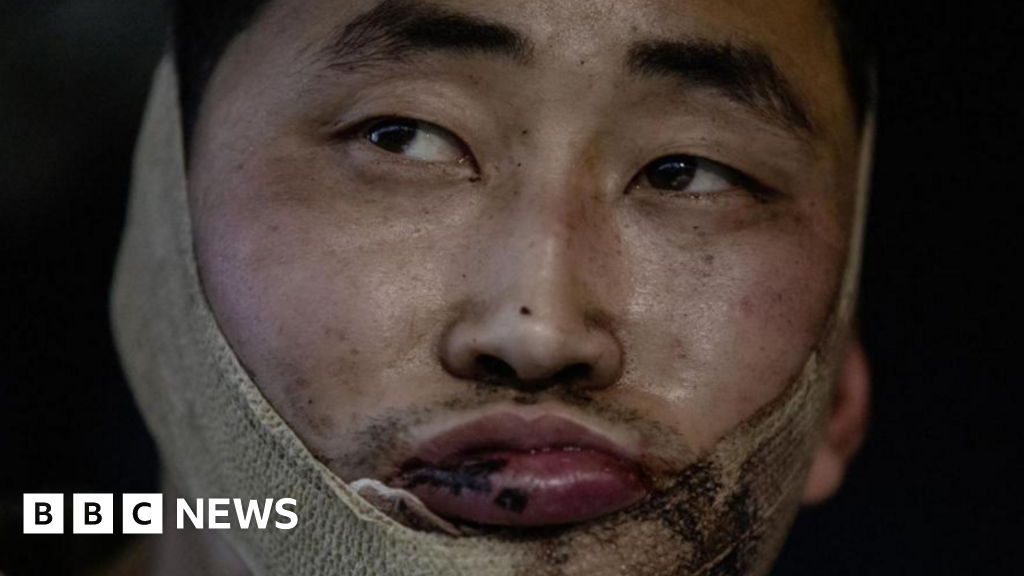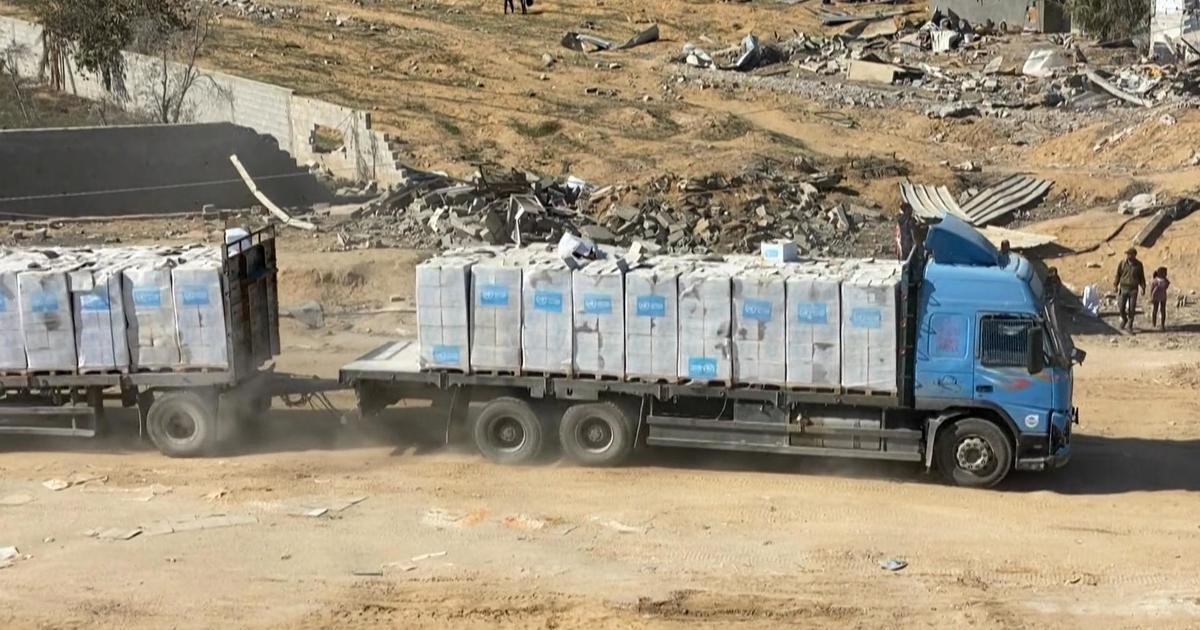
In Melbourne, masked men set fire storied synagogue. In Sydney, a synagogue was desecrated with red swastikas drawn along the fence, while a kindergarten was set on fire and scrawled under the cover of night with anti-Semitic insults.
A spate of anti-Semitic attacks has rocked the Jewish community in Australia, home to the largest proportion of Holocaust survivors outside of Israel, in recent weeks. There are no reports of major casualties, but the violence represents a dramatic escalation tensions that resonate from the war in the Middle East, which also fueled Islamophobic episodes in Australia.
Reports of arson and graphic graffiti have unsettled a nation that prides itself on being a multicultural and tolerant society in which a third of the population is foreign-born.
Authorities now say they are investigating whether the international community was involved in attacks in recent months in Sydney and Melbourne, the country’s two biggest cities.
The latest attack was on a daycare center in Sydney, which was reported early on Tuesday. IN statement on TuesdayThe head of the Australian Federal Police said his agency was investigating whether “overseas actors or individuals” paid local people in Australia to carry out some of these acts. But he did not provide evidence or further details.
On Wednesday, Prime Minister Anthony Albanese reiterated that investigators are looking into the possibility that some of the perpetrators acted out of financial incentives rather than ideological motives.
“Now it is not clear who or where the payments are coming from,” he said.
The specter of foreign interference added a new dimension to the anxieties simmering in Australia’s small but deep-rooted Jewish community. Police have not said if, or how, the more than half-dozen attacks since October are connected.
In December, the Australian Federal Police established a task force to investigate violence and threats against the Jewish community. State police in New South Wales, where most of the attacks took place in the greater Sydney area, said they had arrested and charged nine people in connection with the crimes.
On Wednesday, officials announced the latest arrest, that of a 33-year-old man in connection with attempted arson and graffiti on Jan. 11, when red swastikas were spray-painted on the fence of a synagogue in Sydney’s Newtown neighborhood.
The state’s premier, Chris Minns, said officials were cracking down on what he called “widespread anti-Semitism and violence in our community”. The crimes, he added, were “a deliberate attempt to strike fear into the hearts of people living in this country.”
What made the recent attacks different was their frequency and severity, said Julie Nathan, director of research for the Sydney-based Executive Council of Australian Jews, an umbrella organization of Jewish groups in Australia that has monitored and documented reports of anti-Semitism since 1990.
“We’ve had terrible graffiti, vandalism of cars and buildings, but nothing consistent at this level,” she said. “This is every few days.”
The former home of Alex Ryvchin, co-executive director of ECAJ, was vandalized last week.
Mr Ryvchin said it was clear the house – which his family had recently moved out of – had been specifically targeted. Part of a duplex, only his former residence was spray-painted red, he said. The other half of the building remained intact. Cars in the driveway and in front were vandalized with anti-Jewish insults.
“It was pretty gut-wrenching, to go there and see the walls I painted myself, the home we loved, where such memories were made,” he said.
But Mr. Ryvchin said he was not shocked by the incident because it seemed a natural development of the increasingly overt anti-Semitic language and brazen attacks that followed the October 7, 2023 Hamas attack on Israel and the ensuing war in the Gaza Strip.
“We wake up every day and we don’t know what’s going to hit us,” he said. “Not just vandalism and harassment, but also bombings.”
The rise in attacks, while worrying, is not indicative of a broader trend, said Andrew Markus, professor emeritus at Monash University’s Australian Center for Jewish Civilization who has tracked Australians’ attitudes towards immigrants and each other in a long-running national survey.
“A small segment, a tiny segment, is causing fear and anxiety and headlines,” he said. “It’s a big problem, but you can’t jump off it and say there’s been a big change in the attitudes of the Australian public.”








